"The Long Game: Building Your Life as a Writer & Editor"
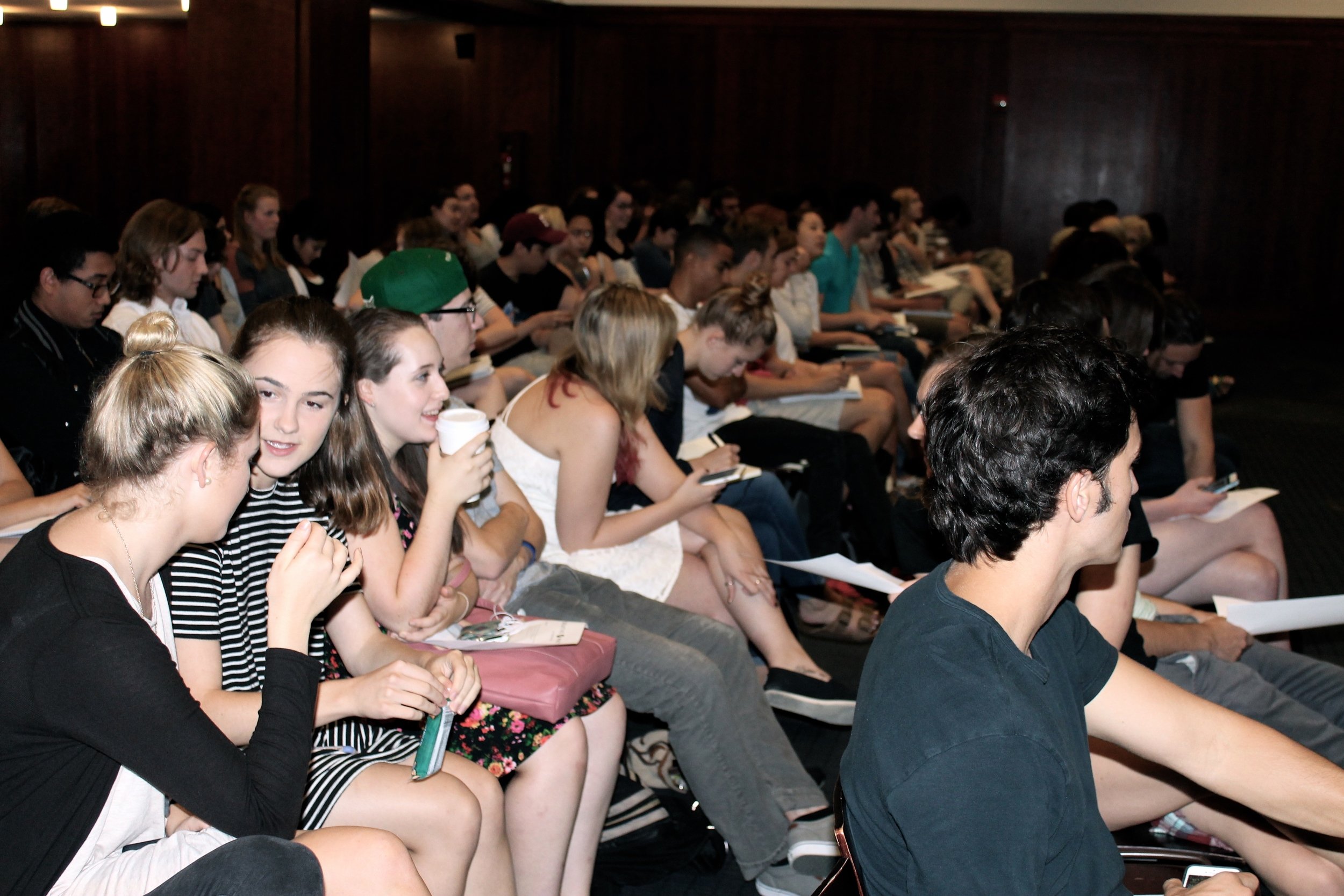
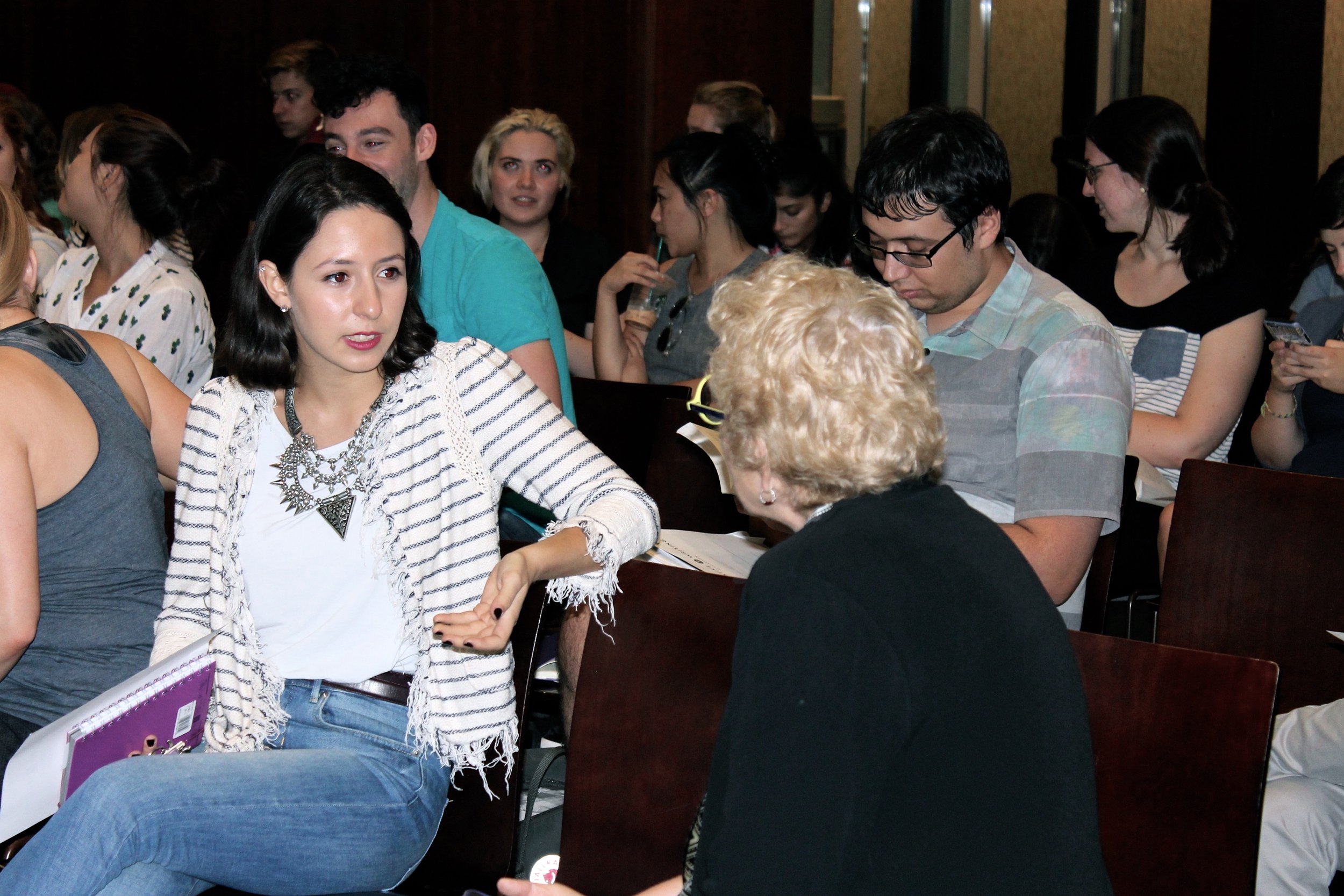
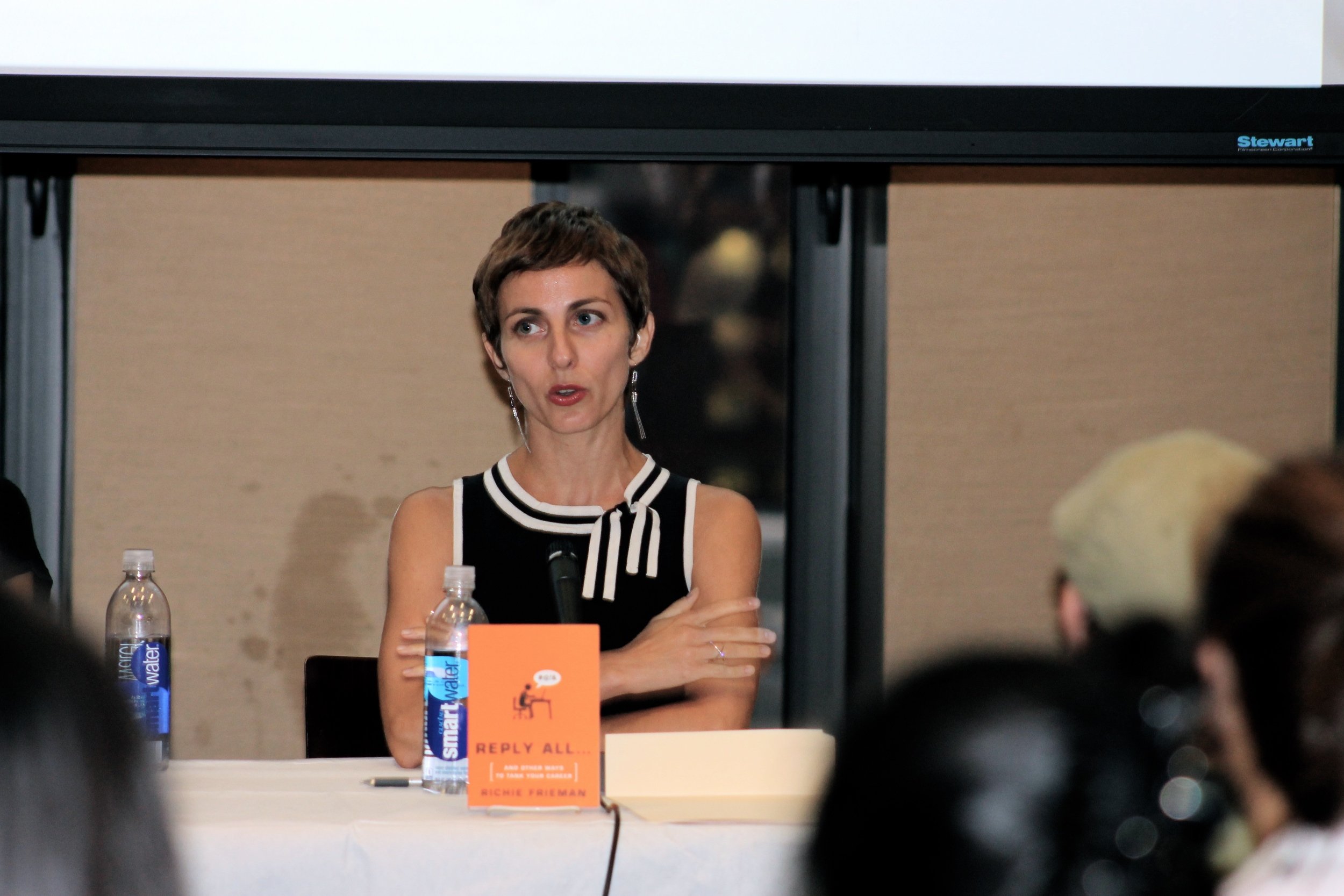
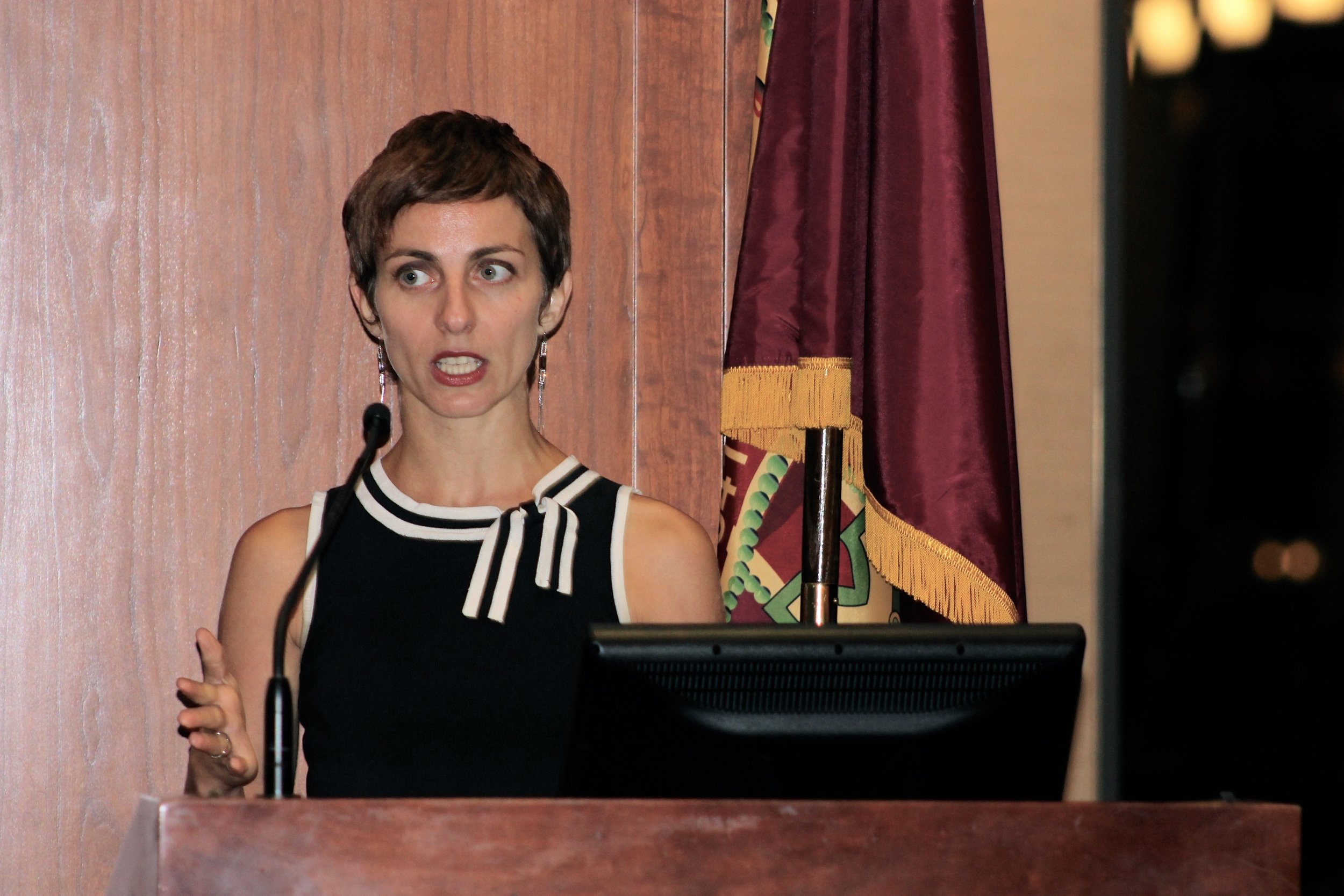
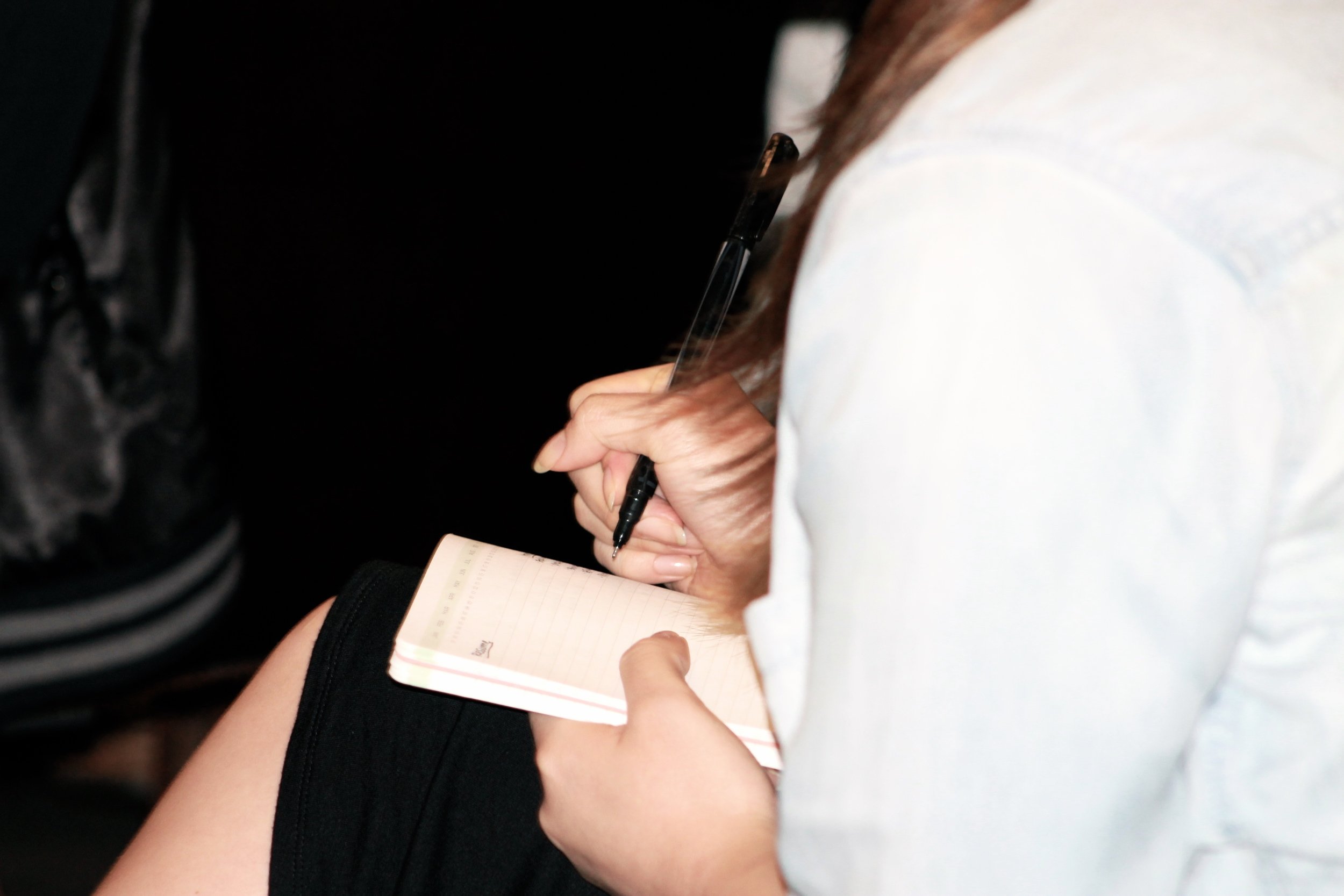

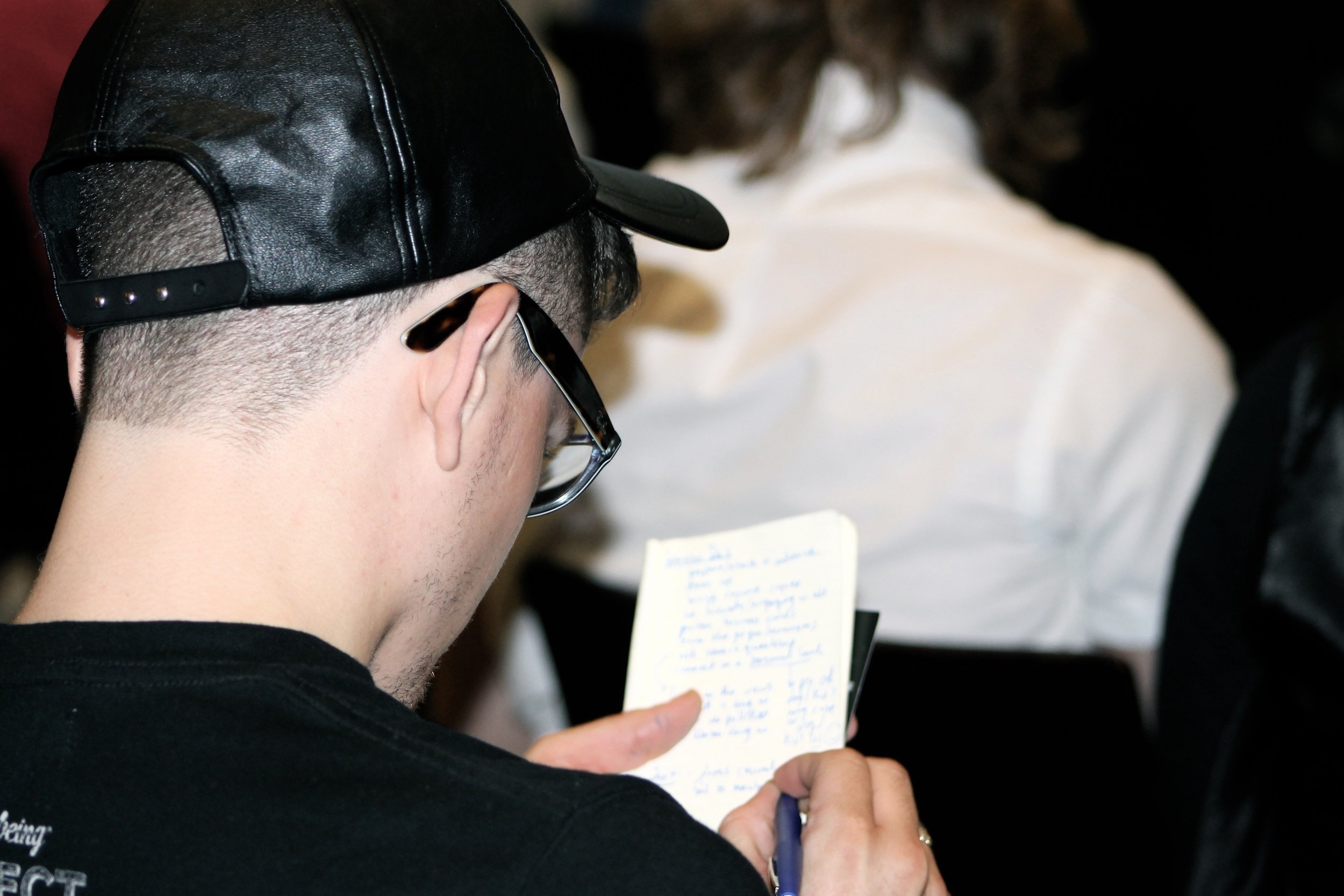
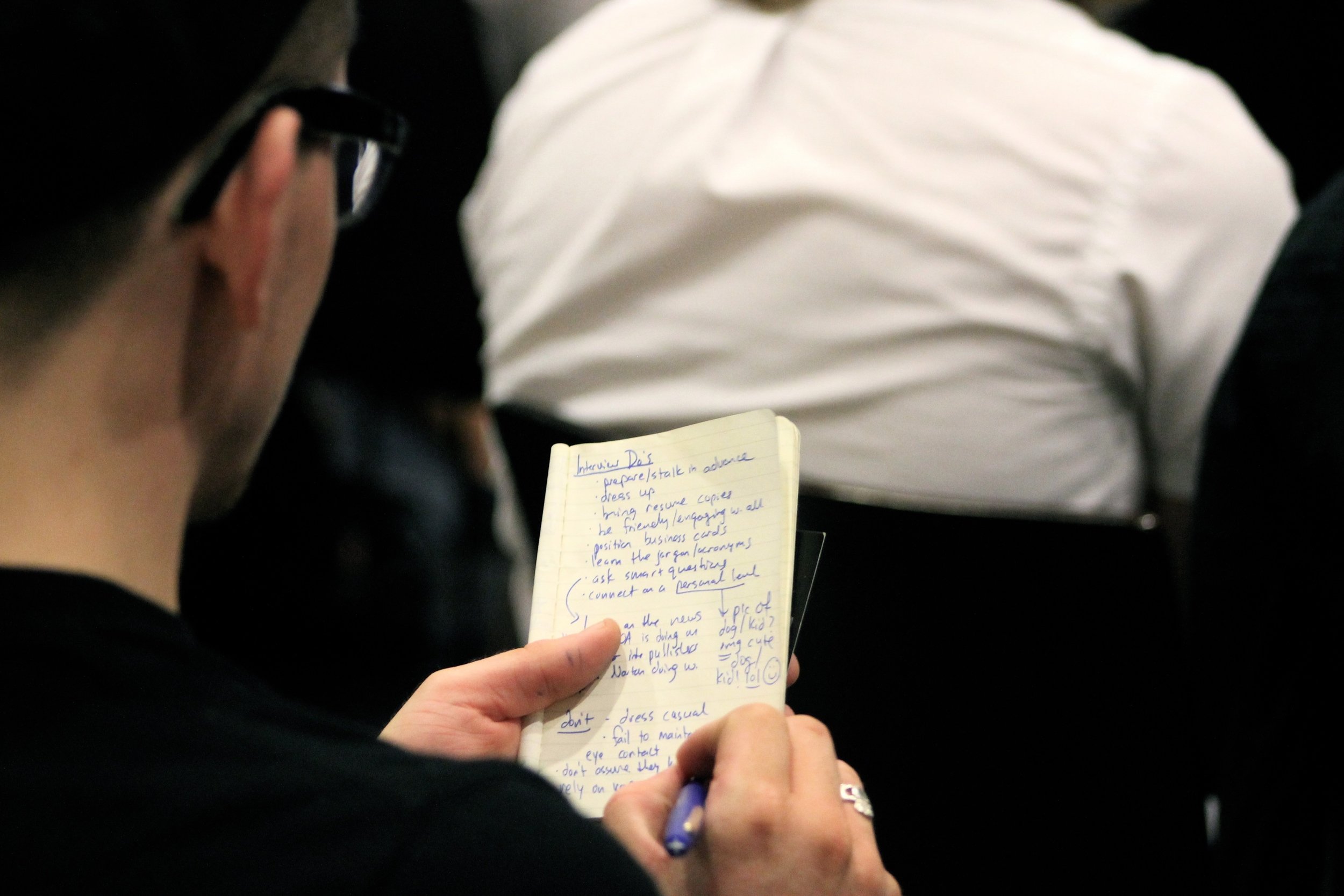
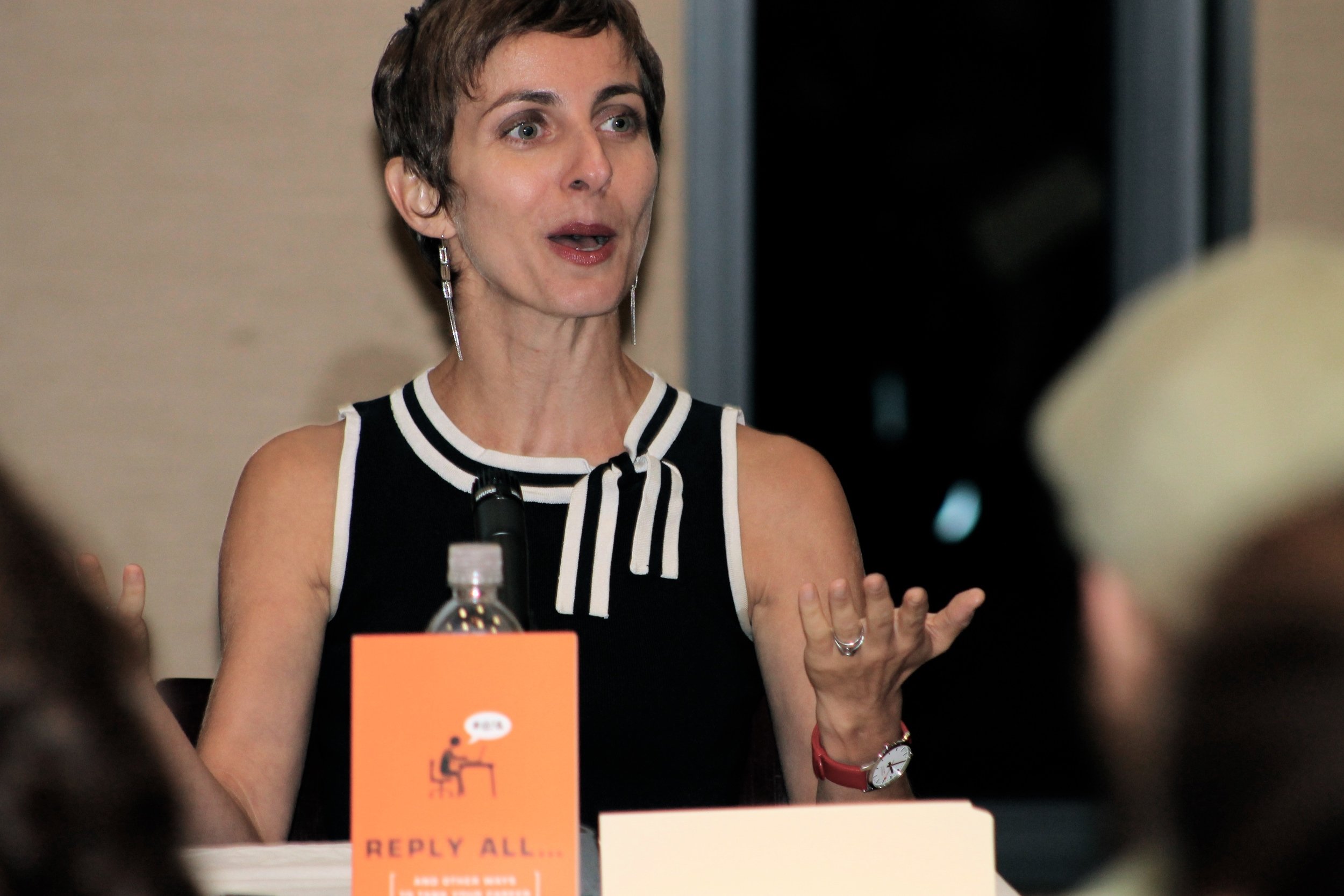
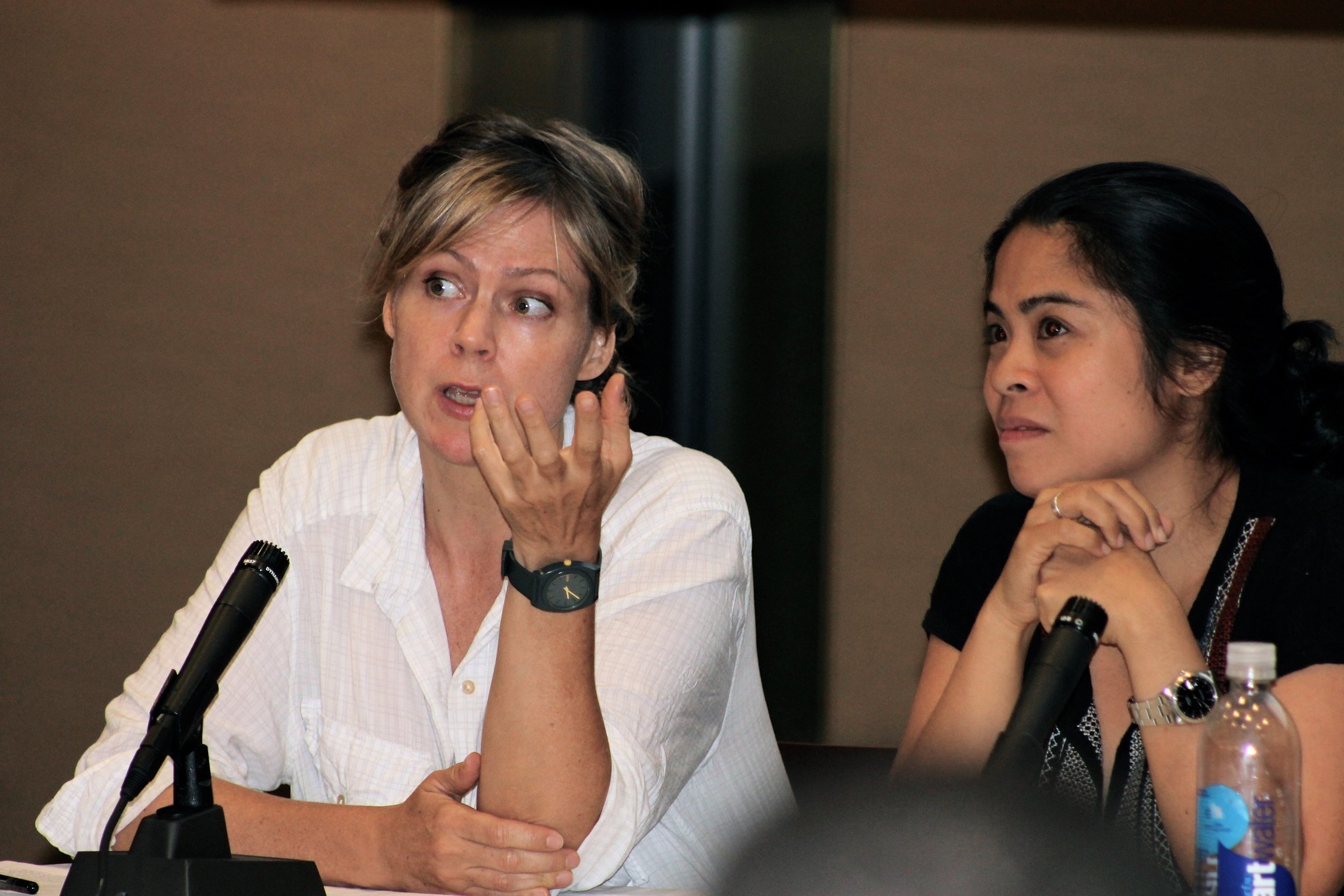
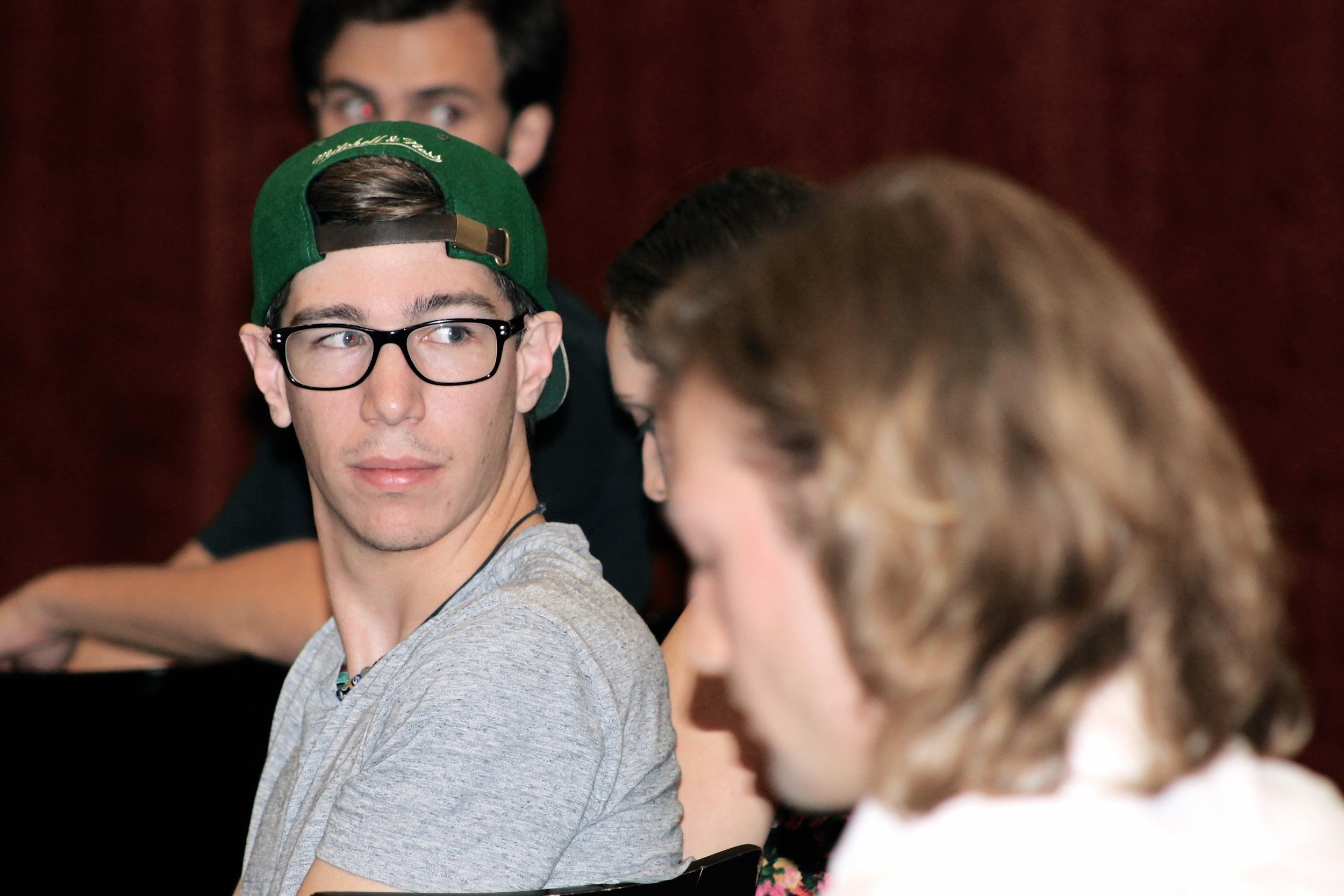
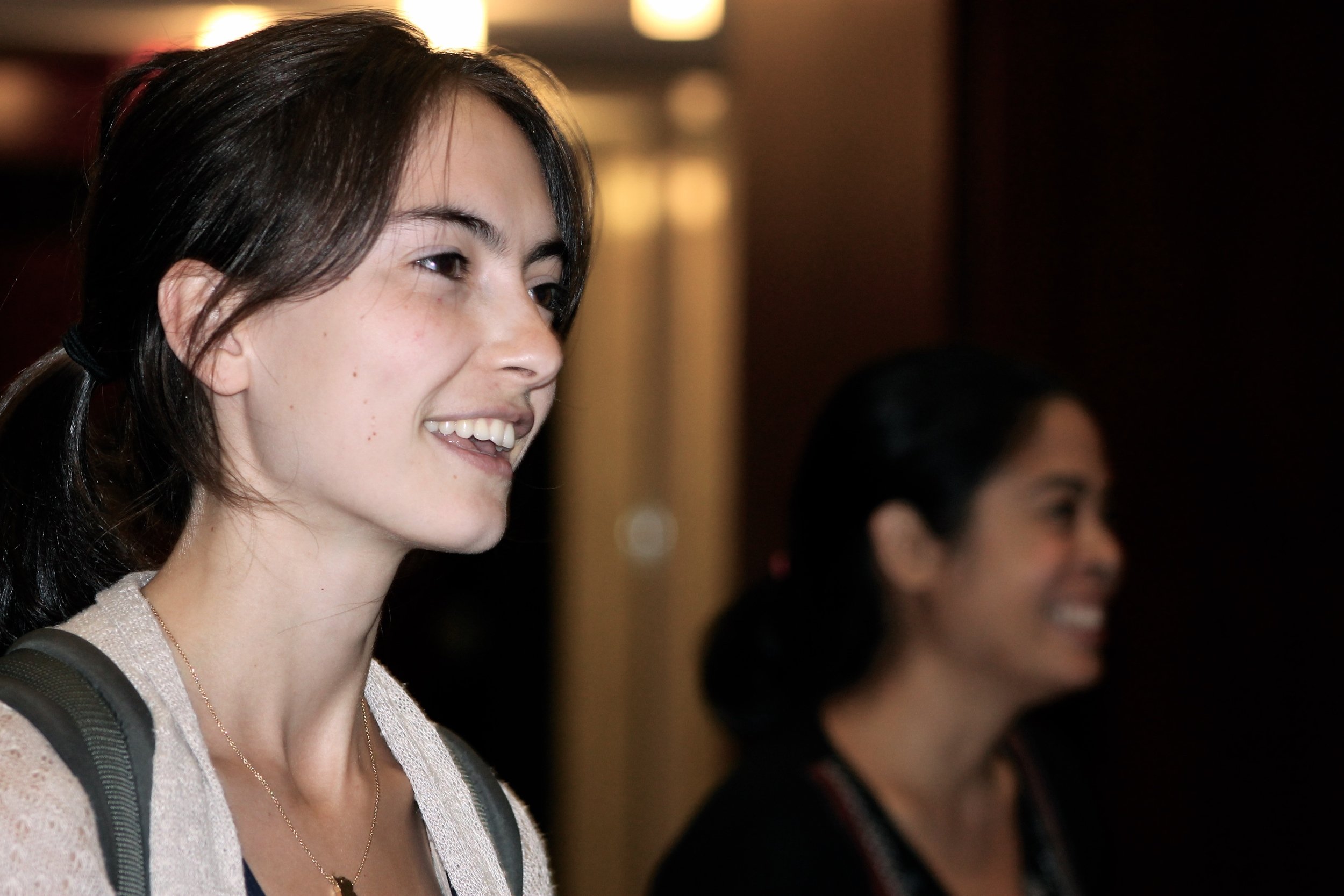
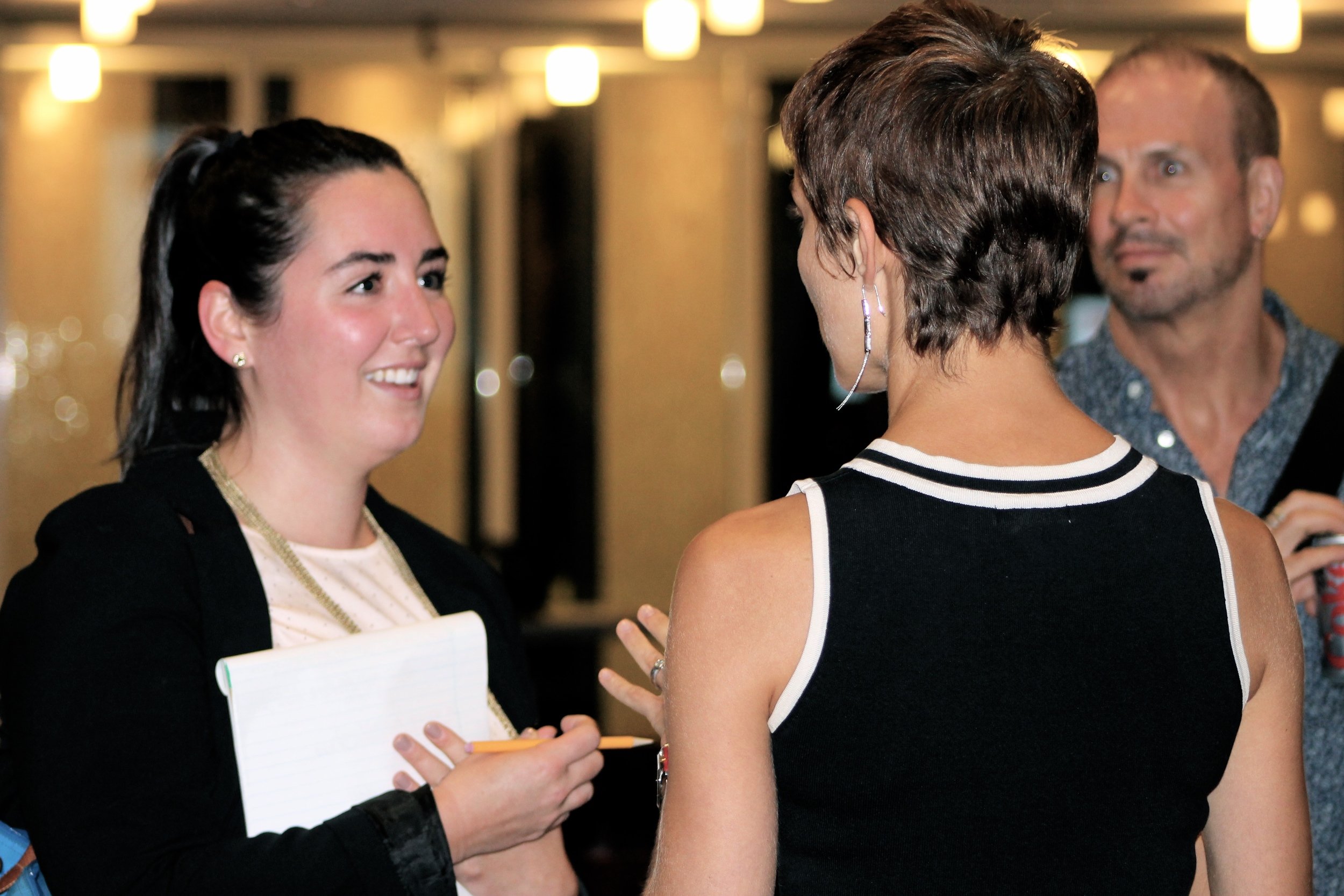
There are many ways to be a writer. You can write twenty articles a day for a website, your pay, if any, determined by the number of clicks they get. You can come home from an office job and chip away at a novel. You can sell poems to literary journals. You can advertise or publicize. You can help shape somebody else’s work into the best that it can be. No matter what you do, to succeed in the writing life, you have to work.
The unsteady, uncertain, and often turbulent realities of being a writer were the subject of, “The Long Game: Building Your Life as a Writer and Editor.” This panel discussion hosted by Fordham’s Creative Writing Department, included Amy Benson, Sarah Gambito, and Beata Santora, three accomplished women, each of whom represented a different field of writing: fiction, poetry, and creative non-fiction, respectively. Despite their differences in style and craft, they opened the discussion with the same sobering admission: writing is work. “It’s a long life,” Benson said. “It requires resilience. To succeed, you have to cultivate the ability to work, even when the rewards aren’t obvious. Each day brings with it the bad, the less awful, the dull, and the triumphant." Gambito said. “Don’t wait for inspiration. Move to things that inspire you.” The authors agreed that, no matter your field, this Judith Gerwin quote aptly describes the writer’s life: “Every day, without hope, without despair.”
Since the audience was made up mostly of undergraduates, much of the discussion focused not only on craft, but on MFA programs and career potential. “It’s important to ask yourself,” Gambito said, “if an MFA is right for you.” Are you looking to accelerate your progress, hone your critical skills, or gain a community? Are you passionate about teaching? All of these are good reasons to get an MFA. If you’re looking to make connections and/or get a book deal, you’ll probably be disappointed. The speakers agreed that you shouldn’t go into debt for an MFA. “Find one that will pay you,” they said, citing the University of Michigan’s program as an example.
Santora provided a crash course on professionalism and the interview process. Employers expect two internships before you graduate. Keep your resume to one page. Go out of your way to research your field and ask intelligent questions. Have a working knowledge of Adobe suite. “Don’t list email as a skill,” Santora said. “It’s 2015. Email is a given.” Personal touches, like sending a handwritten thank you note to a potential employer, make a big difference.
Self-awareness is essential to building a successful career. As Santora explained, there are many different fields out there for a writer / editor. It’s important to first know who you are and how you work. Are you a better fit for journalism or advertising? Full-time or freelance? Know yourself and that will help you know what’s right for you.
This emphasis on knowing yourself surfaced throughout the discussion, particularly when addressing the “thirst to be published.” One attendee asked if any of the speakers would recommend trying to get a book deal as an undergrad; they all answered, no. “Use this time to grow,” Gambito said. “A student asked me, ‘How can I write like Stephen King?’ You can’t. Stephen King already does that. You have to figure out how you write.”
When another student asked how to go about making connections, the speakers agreed that sincerity is important. “It’s a two-way street,” Benson explained. “A person will be turned off if they get the impression you’re trying to use them. If you approach someone you genuinely admire and tell them how much their work means to you, that sincerity will come across and they will remember you.”
The panel discussion provided a refreshing combination of warmth, practicality, and tough love. The speakers obviously love what they do, and want their students to succeed, though they made it clear that success is not for the easily discouraged or faint of heart. “Be aggressive,” Santora said. “Find somebody who does what you want to be doing, and ask how they did it. Fear is not an option.”